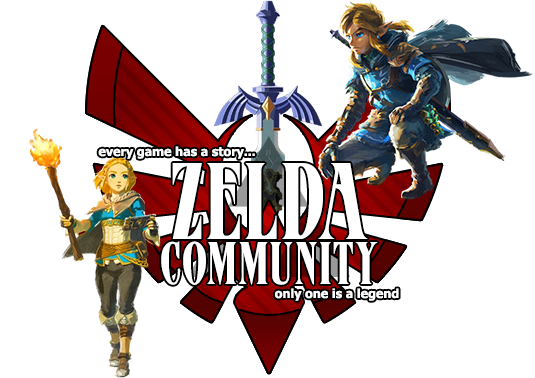- Official Post
What do you think the world should look like in a hundred+ years, if you project forward from today?
Assuming the optimistic future in which things continue to improve, we don't blow ourselves up or die of some disease, and that as technology and society develop we are successful in fixing or overcoming the downsides that come with them. What would that future look like?
It's rather broad, but let's take a couple of examples.
The internet has improved things in many ways. However, the dark web remains a free-for-all of organised crime and a factory for the suffering it produces. If things go perfectly, how will that be fixed/overcome? Will the authorities be able to track everything that goes on through the dark web in a way that is impossible now? Will that be the end of internet anonymity, and will that be the end of everything that makes the internet great? Is there another way out?
Automation. As our supermarkets introduce self-checkouts, our banks have self-service machines, and let alone all the shopping and banking we can do from our phones, there will be less need for such a large army of traditional staff at the physical buildings. Working hours will decrease, as they have been doing for decades. Taken to a logical endgame, if things continue to automate, will the most numerous jobs be those involved in computer programming or maintenance of the machinery of automation? Will people with those skills be considered more worthwhile than those with other more traditional skills? How will that be overcome?

